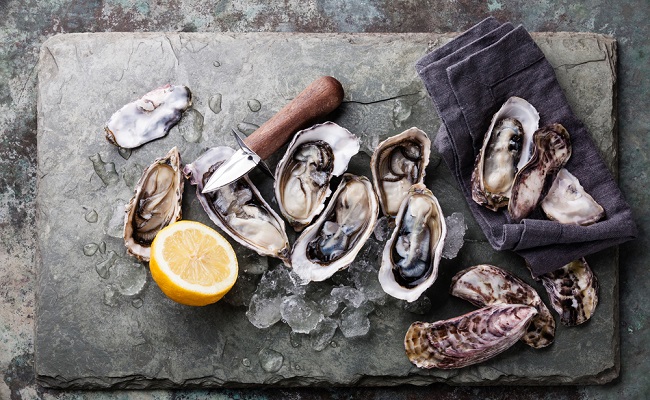
Ever worry about the negative effects your bathing habits might have on oyster copulation? The National Academy of Sciences does, and according to a new study they just published, microbeads and other microplastics found in cosmetics are harming Pacific oyster populations. The new research suggests tiny plastic particles from cosmetics, clothing and industrial processes break down and enter marine ecosystems where they are then ingested by marine life.
The introduction of these tiny particles has had adverse effects on certain species’ ability to reproduce. Microplastics are dangerous for all organisms, but have specifically harmful effects on filter-feeding organisms like mussels and zooplankton. Ingestion of microplastics can lead to immunological and neurological problems.
This newest study specifically looked at Pacific oysters because they are common around the world, widely eaten, and play an important ecological role. They’re also important for your libido on Valentine’s Day so pay attention.
The study revealed that oysters whose phytoplankton were delivered in water contaminated with microplastics produced fewer and smaller cells from which eggs grow and had slower sperm. They produced 41% fewer larvae and those surviving larvae grew at a slower rate.
With an estimated 250,000 tons (yes, the equivalent to 500,000,000 pounds) of microplastics floating in the world’s oceans, scientist are left to wonder about the effects of chemical additives and pollutants on ecosystems around the world.






